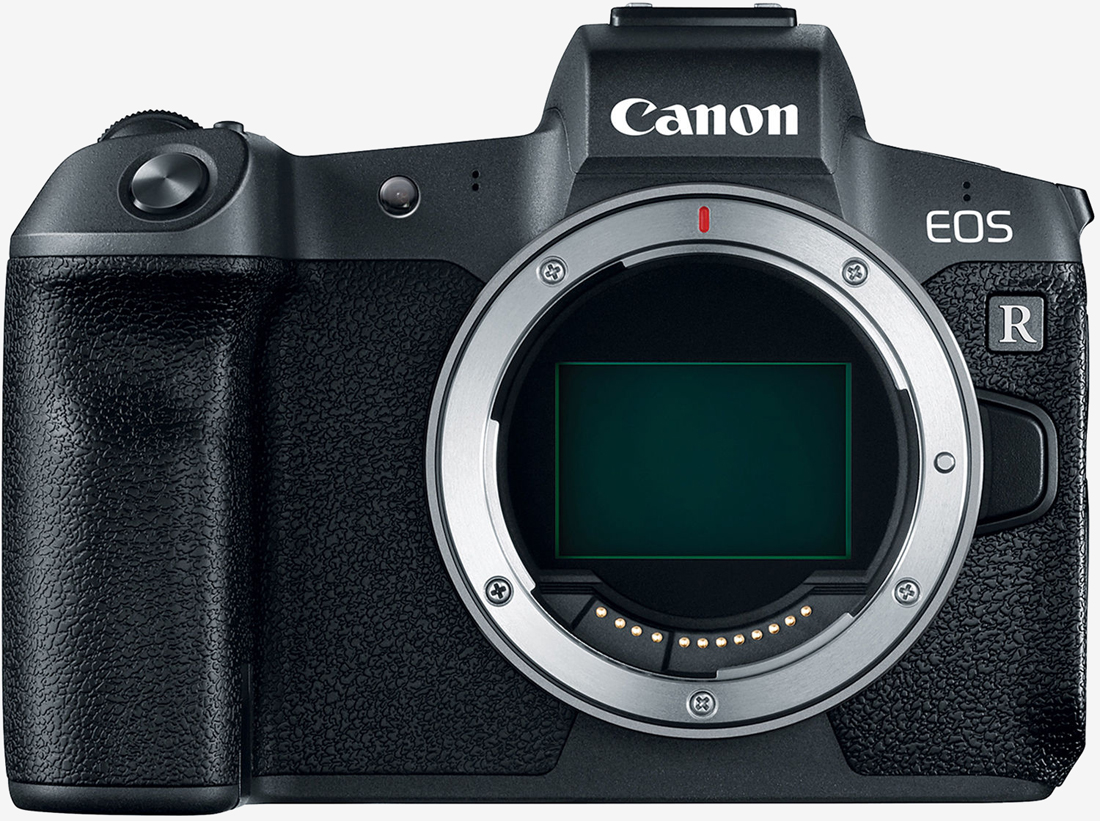Recap: The proliferation of smartphones has seen several industries start to decline. Everything from calculators to MP3 players through to in-car satellite navigation systems and voice recorders have all suffered because of handsets, and one gadget that’s being hit particularly hard is digital cameras aimed at consumers.

A new report from Japanese publication Nikkei reveals just how much digital camera sales are suffering as smartphone cameras become ever more advanced. Digicame Info has highlighted the main points, the most significant being that the digital camera market fell 22 percent in 2018 compared to the previous year, with 20.29 million Digital Stills Camera (DSC) units shipped.
When it comes to the top digital camera companies, Canon leads the pack with a 40.5 percent market share, up 3.9 percent from a year earlier. It’s followed by Nikon (19.1 percent), Sony (17.7 percent), Fujifilm Holdings (5.1 percent) and Olympus (2.8 percent). These five firms represent a total market share of 85.2 percent.
While we have seen plenty of new mirrorless cameras appear recently, including products from Canon, Hasselblad, and Nikon, shipments of DSC units have been lower for every month in 2019 compared to the previous two years.
Back in January, the chairman and CEO of Canon, Fujio Mitarai, warned that the digital camera industry would continue to decline, and that he expects it to have shrunk almost 50 percent by around 2021. Mitarai added that full-frame mirrorless products were simply replacing DSLRs, rather than expanding the industry and attracting new camera sales. But despite the worrying news, there will likely always be a need for digital cameras among professionals and enthusiasts. We're also seeing new functions that may appeal to a wider audience, such as the Canon PowerShot G7 X Mark III's ability to livestream directly to YouTube.
https://www.techspot.com/news/80878-new-report-shows-digital-camera-market-declined-20.html